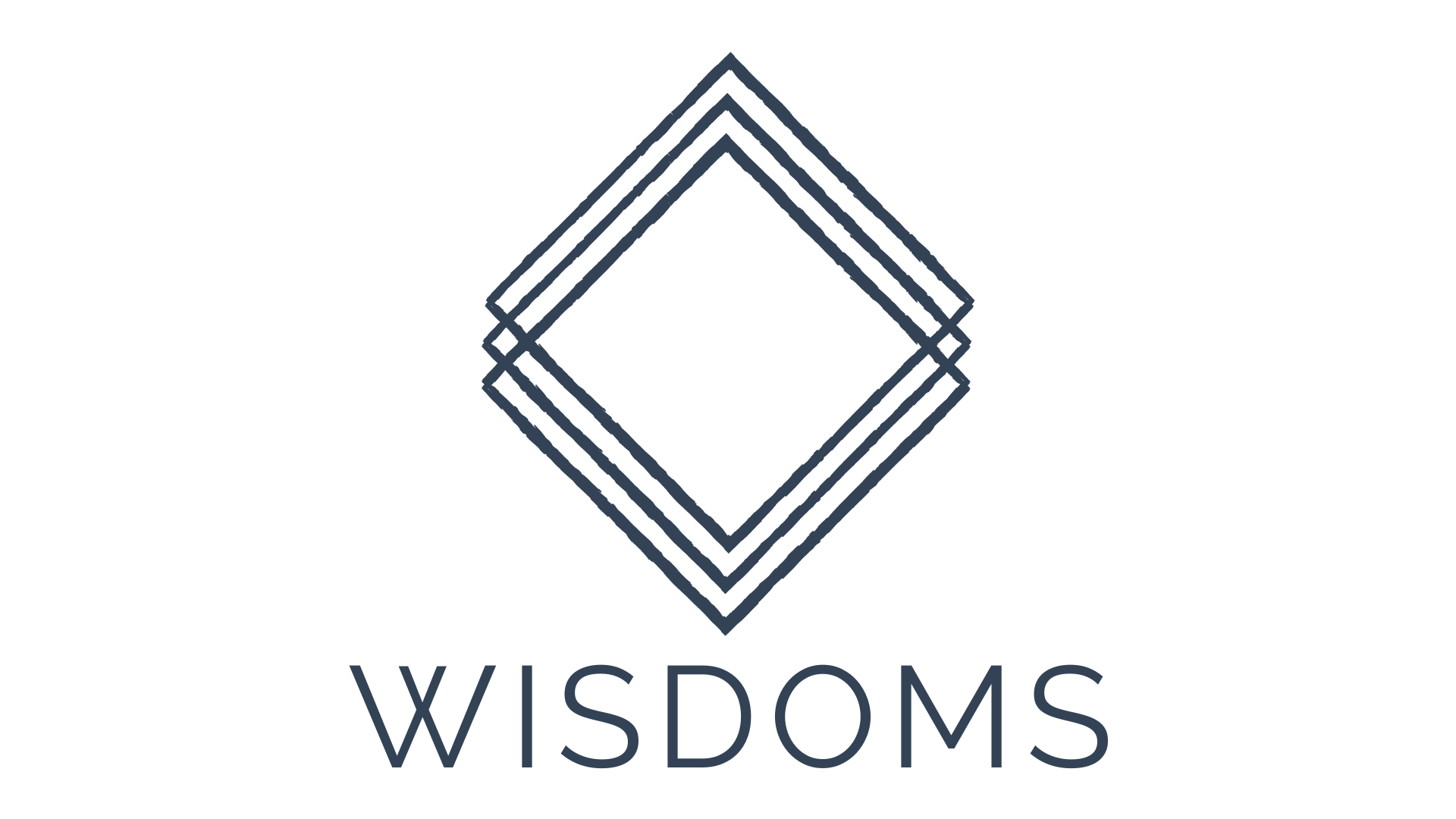How many movies have you watched that start with “Based on a True Story”? Recently I watched two Oscar nominated movies that are interpretations of real people’s lives. The one was Judy and the other Ford vs Ferrari.
Both these movies impacted me deeply. Maybe more so because I watched them one after the other. One of my thoughts is the recognition of the power of people’s stories — especially our own.
People’s lives intrigue us and movies pan them out for us in abundance. If it’s bizarre, weird and unusual we are fascinated. If a person or team achieves an incredible feat, overcomes huge odds or solves an intractable problem we are inspired. If it depicts a great talent or person of wealth and status falling from grace even to their death we moralize and shake our heads. But even if it is ordinary and simply banal we are just as fixated. What else explains the phenomenon that started with Big Brother and has given rise to the flood of so-called ‘reality’ shows?
We Are Wired For Storytelling
Story is an ancient and universal way the human brain makes sense of information. We process what we observe, hear and experience by creating stories to give them meaning and context. We remember best when facts are interwoven into a story. We are drawn to stories. The format and pattern of stories shape our understanding of life in a natural, intuitive way.
This is why stories have been used from earliest times to reinforce cultural norms and identity, to teach acceptable social behaviour and to warn about specific dangers. It was discovered after the devastating tsunami that affected Thailand and surrounding areas in 2004 that native tribes had few fatalities because they had quickly read the signs and had moved to higher ground.
When asked why they did so when there had been no tsunami of this magnitude in any of their lifetimes they shared the story that had been passed down to them from one generation to the next. They explained that the sea and land always fought over boundaries. First the spirits became angry and shook the trees and then when they saw changes in the sea and clouds they knew “the sea would enter the jungle and mix with the land until they decided on a new boundary”.
Our Story
But we don’t need movies or ancient tales to appreciate other people’s stories. One of the activities we do on the WISDOMS™ Boot Camps is to ask small groups of people to choose an awesome story from their life to share with each other. We then ask what it was about someone else’s story that struck them. Time after time people are moved and inspired by normal people’s stories of courage, perseverance, adventure, determination and accomplishment.
It’s good therefore to turn the camera inwards. We also have a story. A series of events and environments have been told to us and which we experienced and interpreted through our own lens. These have shaped our identity, formed our thinking and created a framework for our emotional reactions. These internal narratives about ourselves tell us that we are the ‘responsible oldest child’ or the ‘freewheeling youngest’. They embed within us the idea that we are ‘good with money’ or ‘clumsy’ or ‘clever’.
More than this though if we look back in our history all of us can find a moment when we demonstrated courage, when we pulled through a rough patch, when we solved a difficult problem, when we succeeded in a new venture. Our own story is rich with lessons and inspiration.
Unfortunately we may have got used to running some tracks too often and perhaps these versions are not very flattering or helpful. Maybe they are telling you that you’re not good enough, not capable, unlucky. But if you dig deep enough there are forgotten anecdotes that tell a different story. Search for moments that prove to yourself that you are the person you want to be.
Rosamund and Ben Zander wrote a book called The Art of Possibility. One of the principles in the book is this “It’s all invented anyway. So we might as well invent a story or a framework of meaning that enhances our quality of life and the life of those around us.”
You see, ‘based on a true story’ does not mean it is set-in-stone reality. It is a story of a story. It is still amazing and meaningful, instructive and even life-changing. It’s the stories we choose to give value to, that we choose to focus on, that we choose to shape and create that become our truth.
The Zanders suggest you ask yourself two questions:
· What assumption am I making, that I’m not aware I’m making, that gives me what I see?
· What might I now invent, that I haven’t yet invented, that would give me other choices?
Stories Yet To Be Written
We now live an era in which we are inundated with stories. Every form of media pours forth a never-ending stream of stories. This is what Sam Keen, American author and philosopher says, “We are the first generation bombarded with so many stories from so many ‘authorities’, none of which are our own. In a sense, we are saturated with stories; we’re saturated with points of view. But the effect of being bombarded with all of these points of view is that we don’t have a point of view and we don’t have a story. We lose the continuity of our experiences; we become people who are written on from the outside.”
This is a very negative perspective of swimming in this sea of stories. It may be true that our unique individuality is being squashed into conformity by mass media and that the tyranny of comparison is preventing us from owning the beauty of who we are. But these stories and multitude of platforms are also inviting us to share what we know and live. We have rich and wonderful stories to tell so that others may appreciate and grow through our experiences and insights.
The exciting thing is that your story is not done. There are blank pages yet to be written. Natasha Bedingfield wrote these amazing lyrics for the song she also sang called Unwritten;
Feel the rain on your skin
No one else can feel it for you
Only you can let it in
No one else, no one else
Can speak the words on your lips
Drench yourself in words unspoken
Live your life with arms wide open
Today is where your book begins
The rest is still unwritten.

